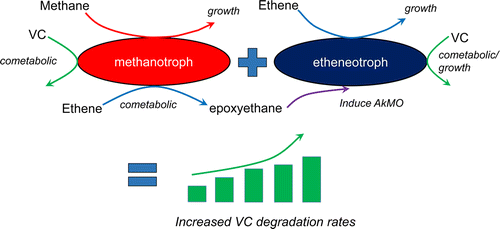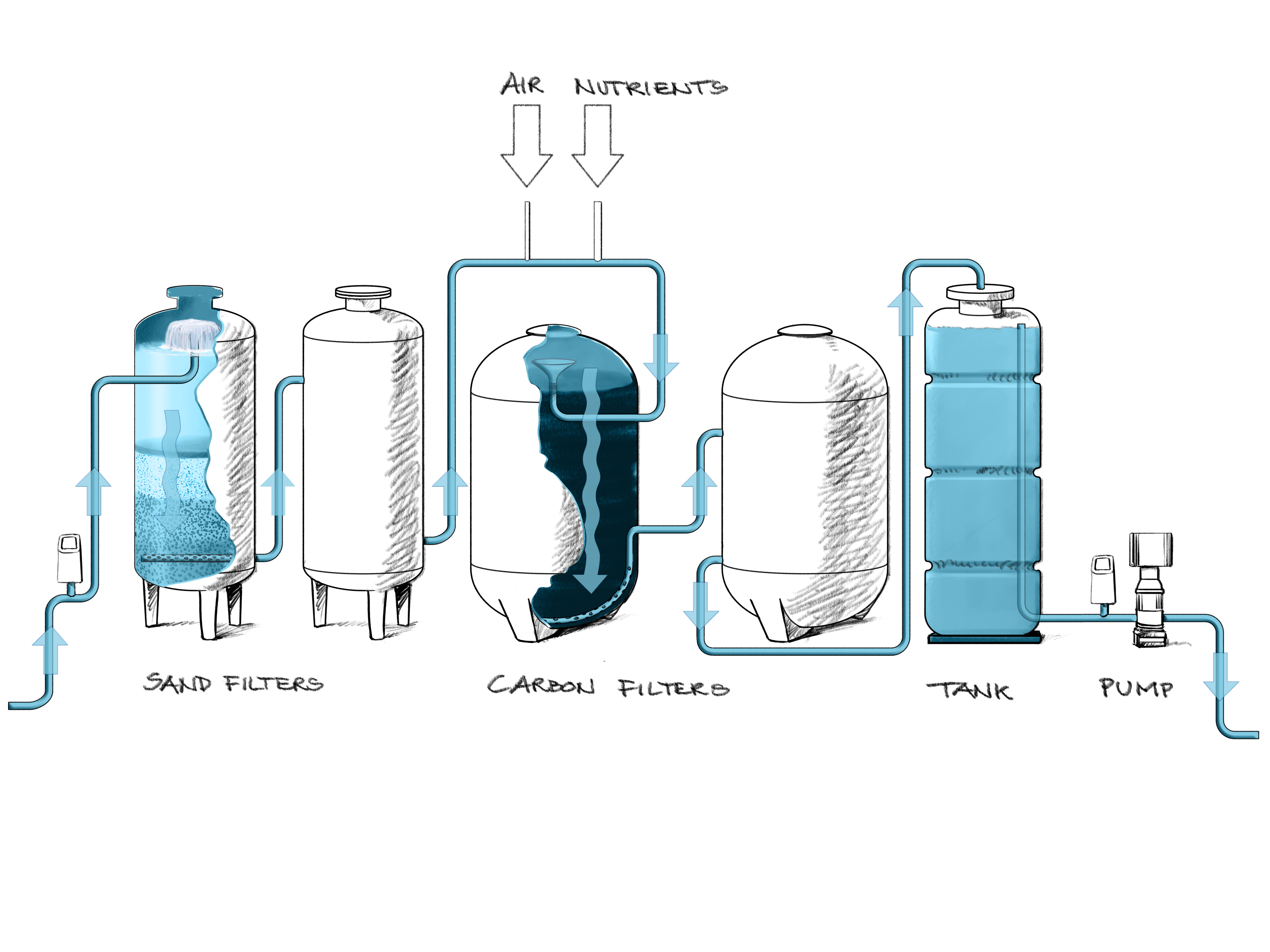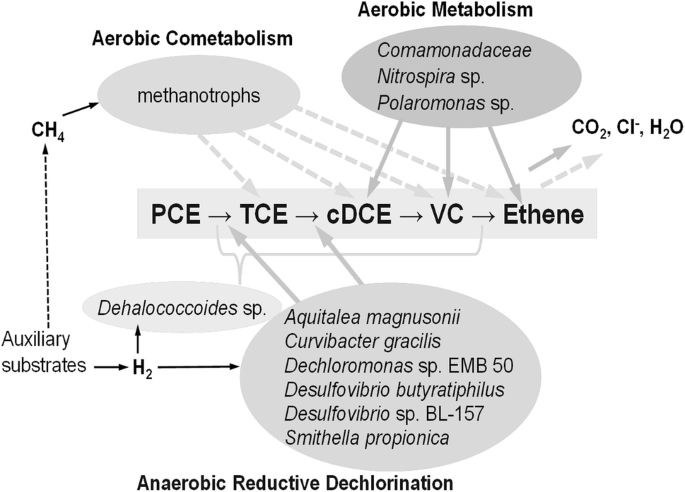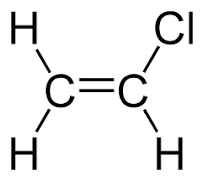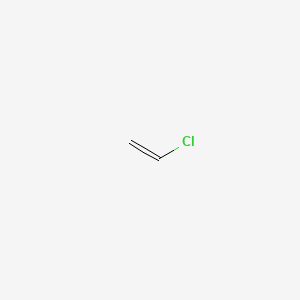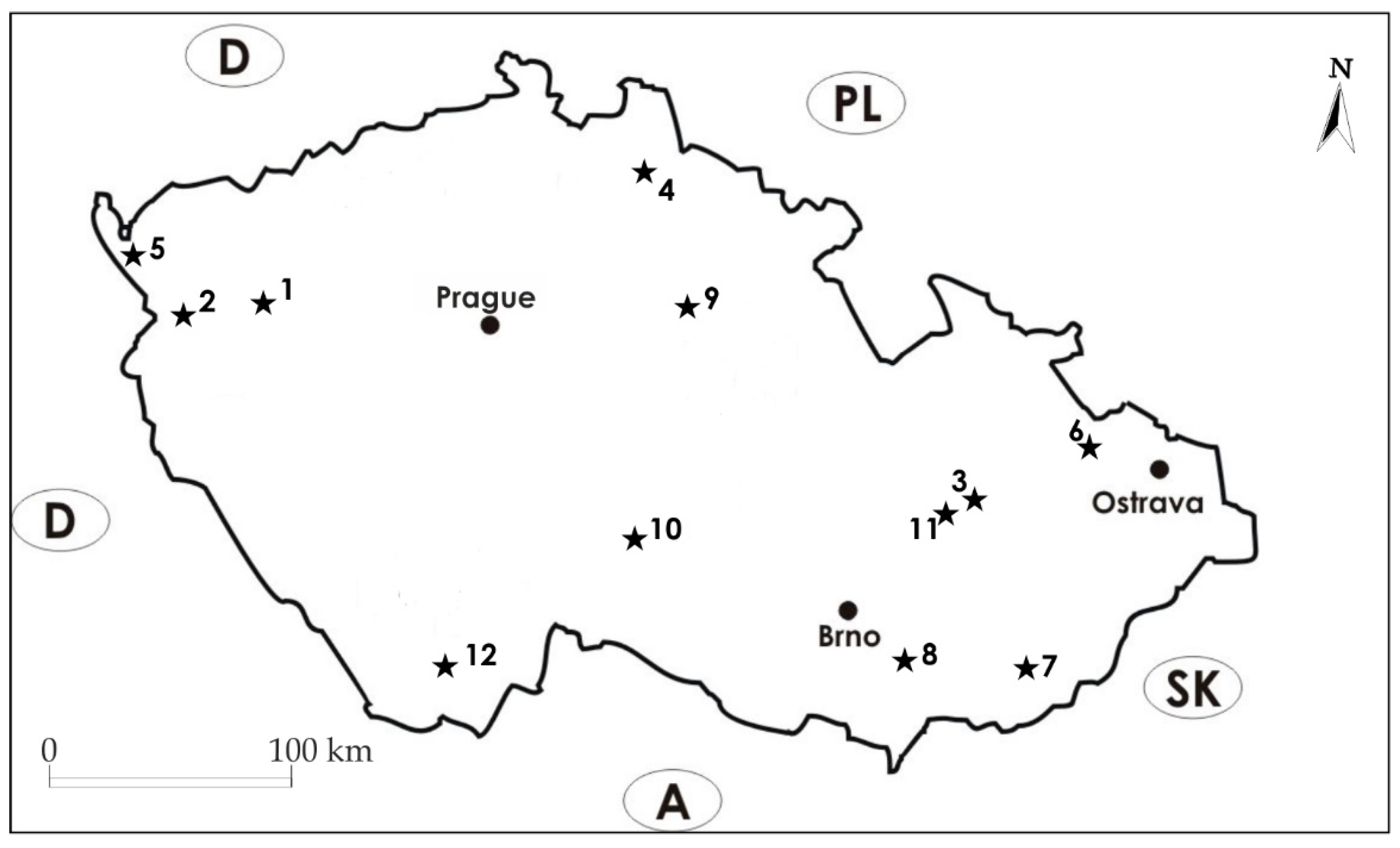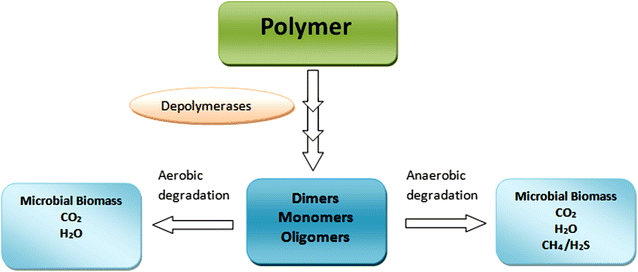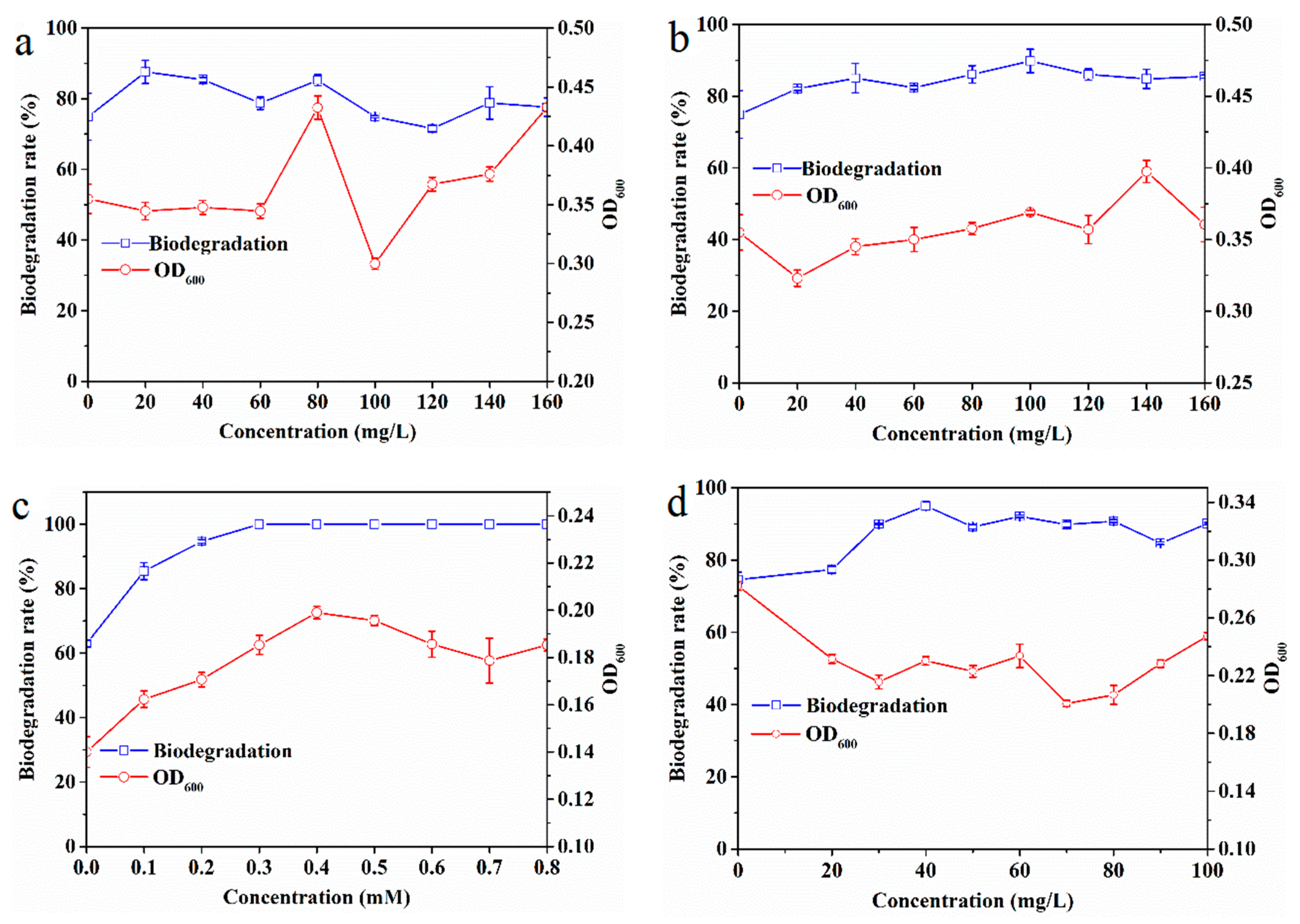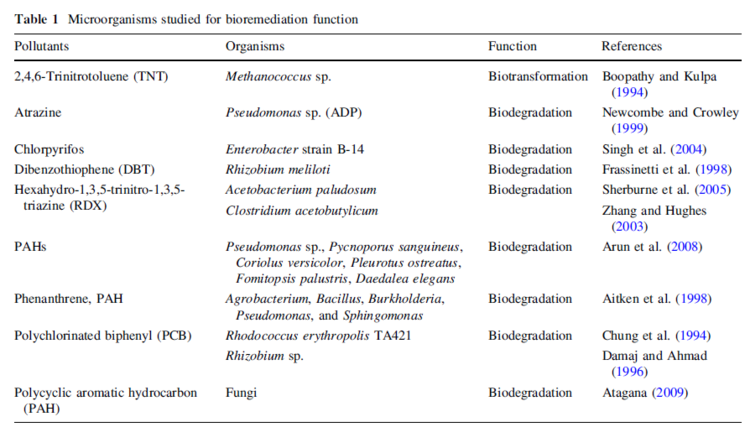Aerobic Biodegradation Of Vinyl Chloride
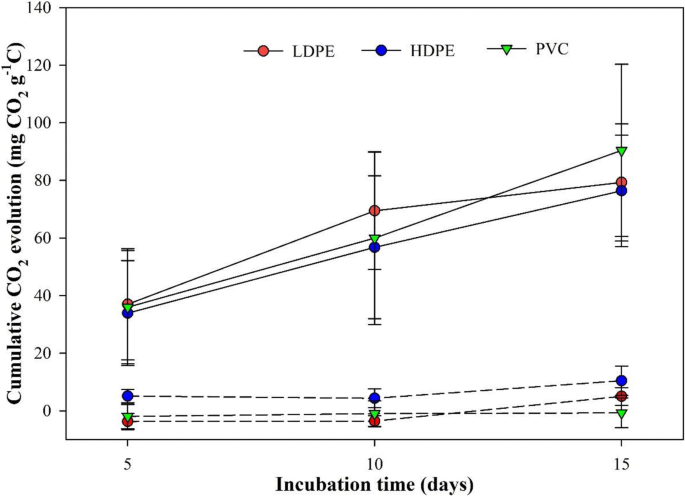
Lower chlorinated compounds such as cis dichloroethene cis dce and vinyl chloride.
Aerobic biodegradation of vinyl chloride. Rdx biodegradation assessment naval submarine base bangor washington. Without a demonstrable mechanism for in situ biodegradation of chloroethenes to non toxic. More specifically it refers to occurring or. Data from both the on site and off site locations were consistent in showing substantially.
Lower chlorinated compounds such as cis dichloroethene cis dce and vinyl chloride vc often accumulate in chloroethene contaminated aquifers due to incomplete reductive dechlorination of higher chlorinated compounds. Co 2 concentrations and temperature were used to identify factors controlling vc biodegradation. Project remediation related activities. Aerobic biodegradation is the breakdown of organic contaminants by microorganisms when oxygen is present.
Aerobic biodegradation of vc was regulated by the temperature of the vadose zone. 6 isolated amycobacterium strain which used vinyl chloride as the sole carbon and energy. Anaerobic oxidation of vinyl chloride under humic acids reducing conditions. Role of acetogens in anaerobic oxidation of vinyl chloride.
Accumulation with anaerobic conditions disqualified aerobic microbial metabolism as a significant mechanism for bioremediation of these compounds under in situ conditions. Vinyl chloride vc aerobic biodegradation in the vadose zone was demonstrated. The investigation provided multiple lines of evidence that demonstrated aerobic biodegradation of vinyl chloride vc was occurring in the vadose zone i above the on site source zone and ii above the downgradient off site groundwater plume location. Microbial oxidation of vinyl chloride under iron reducing conditions.
Data showed vc isotopic enrichment co 2 isotopic depletion vc degrading bacteria. A highly enriched aerobic culture that degrades vc as a growth substrate was obtained from a chloroethene contaminated aquifer material. Orc treatment of vinyl chloride results from controlled laboratory studies and field applications support the ability of orc to effectively enhance the biodegradation of vinyl chloride. Biotransformation of vinyl chloride under methanogenic conditions has been reported although degradation was shown to be relatively slow and incomplete 1 4.
Petroleum hydrocarbons less chlorinated solvents like vinyl chloride soil organic matter and reduced inorganic compounds are all compounds that can act as electron donors. Aerobic bioremediation of 1 2 dichloroethane 1 2 dca and vinyl chloride vc was evaluated at field scale in a layered silty and fine sand anaerobic aquifer. Maximum concentrations of 1 2 dca 2 g l and vc 0 75 g l in groundwater were within 25 and 70 of pure compound solubility respectively.






